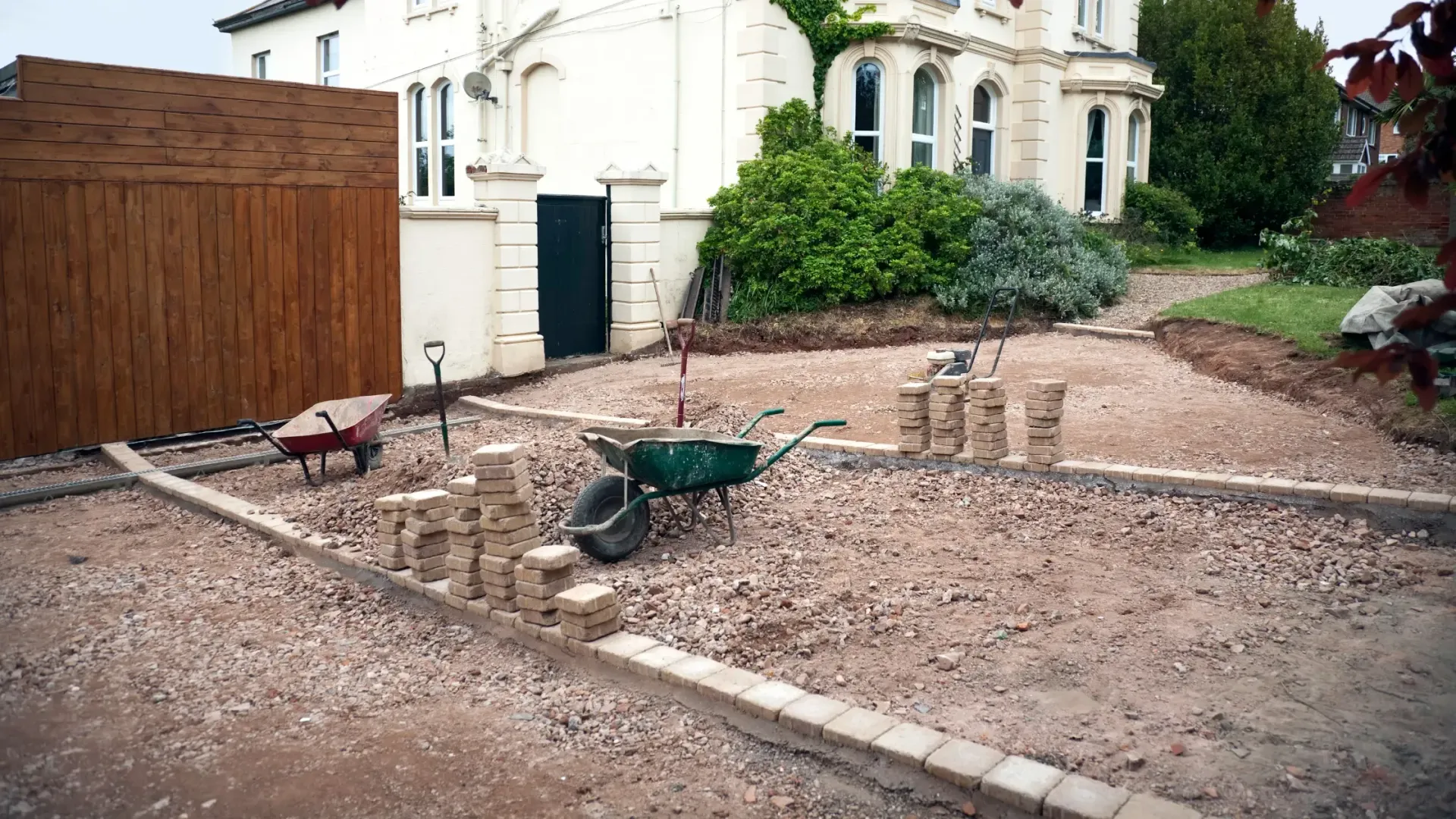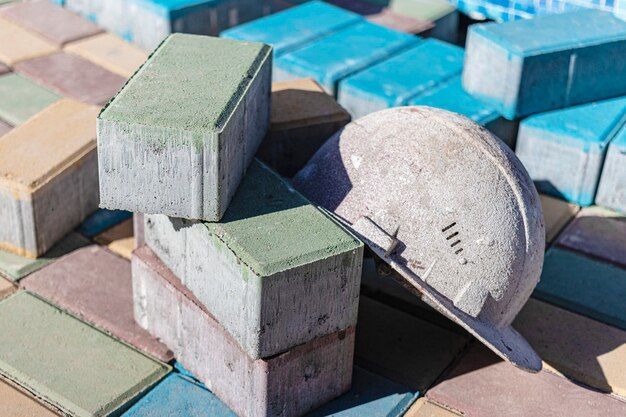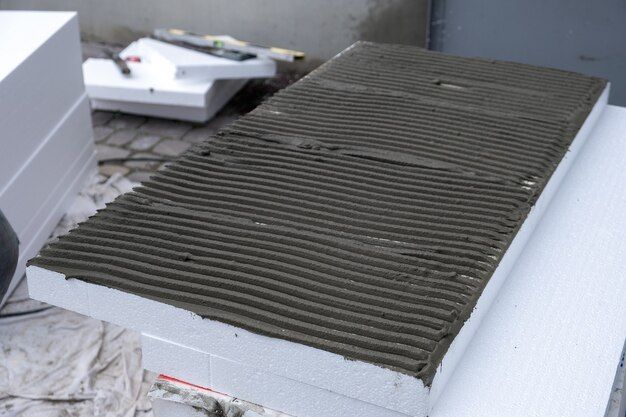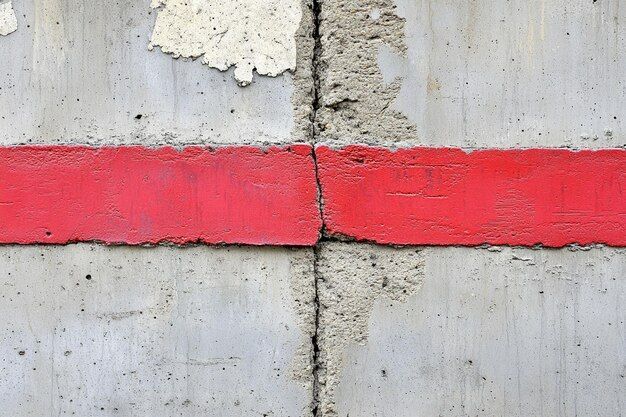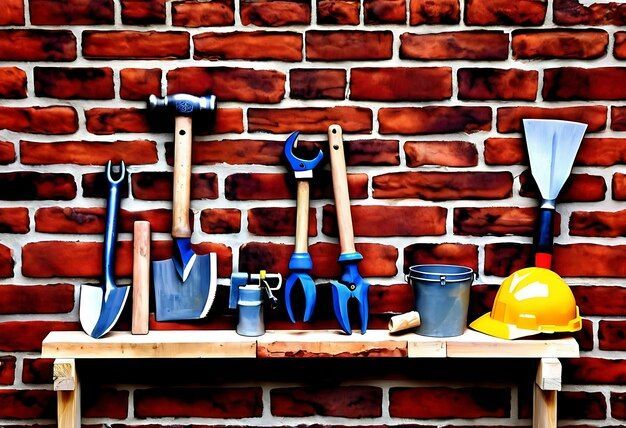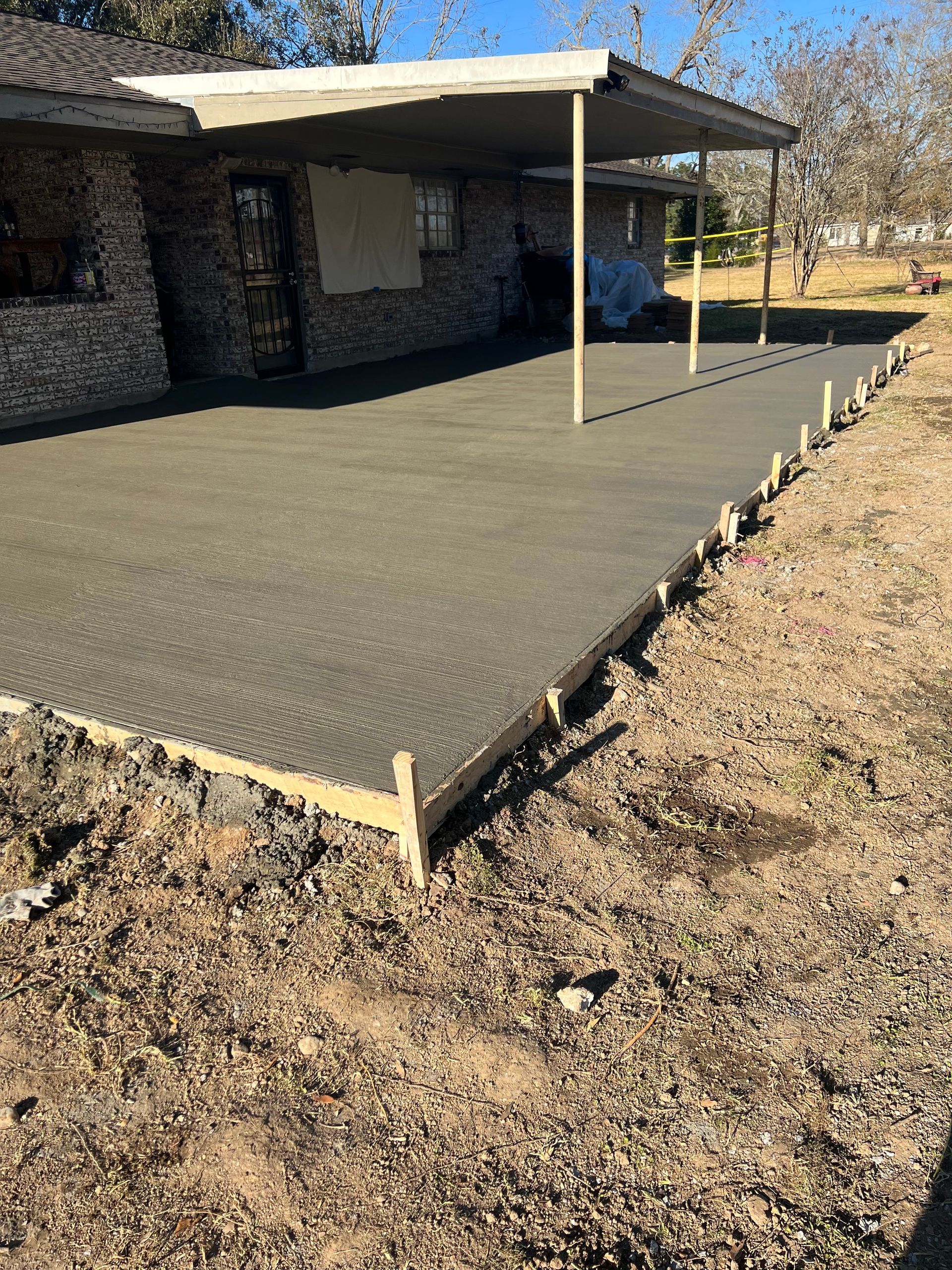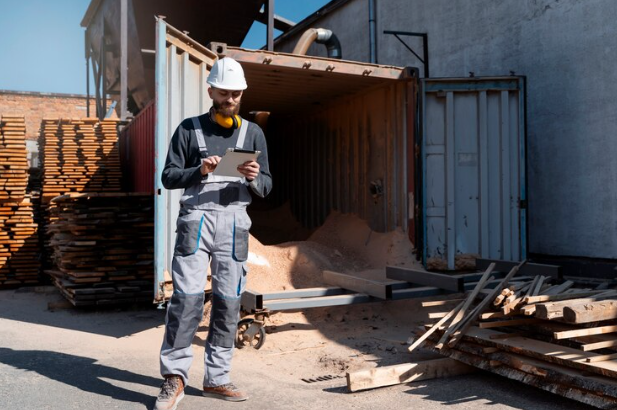The Truth About Self-Healing Concrete: Expert Opinions from Baton Rouge Concrete Contractors
Cracks in concrete? They’re like the potholes of life. Annoying and unavoidable. Heavy traffic, Baton Rouge’s wild weather swings, or just plain old time can wear it down. But what if concrete could fix itself? Sounds straight out of a sci-fi movie, right?
Turns out, self-healing concrete is a real thing. And it’s changing how we think about building. Tiny cracks close up on their own without you lifting a finger. The secret? It’s all in the mix. Special bacteria, microcapsules, or even chemical reactions. They work together to repair the damage when cracks appear. Baton Rouge Concrete Experts and other industry pros are keeping a close eye on this game-changing material.
Could your next driveway or patio have self-healing superpowers? Baton Rouge Concrete Contractors are here to help you explore the possibilities.
What Is Self-Healing Concrete?
Self-healing concrete uses innovative tech. For example, bacteria, microcapsules, or polymers. They seal cracks as they form. These elements spring into action when a crack appears, producing minerals like calcium carbonate to "heal" the damage. Just like a cut on your skin scabbing over to protect itself.
Why does this matter? It keeps water and chemicals out. Things that slowly destroy structures. In the long run, it saves money. It extends the life of bridges, roads, and buildings.
Why Is It a Game-Changer?
1. Longer Lifespan
Traditional concrete needs regular maintenance, which adds up in both time and money. Self-healing concrete stays durable for decades, reducing maintenance needs significantly.
2. Environmentally Friendly
Making concrete is one of the biggest contributors to carbon emissions. It pumps out about 8% of the world’s CO2. Ouch for the planet. By fixing cracks on its own, self-healing concrete cuts down on repairs and replacements. That means less concrete needs to be made. And less production means less pollution.
3. Cost Efficiency Over Time
Sure, self-healing concrete costs more upfront. But over time? It saves a fortune. With fewer repairs and structures that last way longer, it pays for itself. And then some. Spending a little extra today to avoid a big headache tomorrow. Smart, right?
How Does It Work?
Self-healing concrete employs several methods to repair itself:
- Bacteria-Based Healing: Special bacteria are added to the mix. When exposed to water and oxygen through cracks, they produce limestone to seal the gaps.
- Microcapsules: These capsules release healing agents. For example, sodium silicate when cracks appear, fills the voids.
- Polymers and Hydrogels: They swell up like a sponge when concrete touch water. That seals the cracks in concrete almost instantly.
Each method brings something unique to the table, and scientists are constantly working to make them better and cheaper.
The Baton Rouge Perspective
Contractors here are intrigued but a little hesitant. Self-healing concrete sounds amazing, but the upfront cost makes smaller projects think twice. For massive infrastructure, though—like bridges, highways, or flood defenses—it’s becoming an attractive option. Spending more now to save millions later? That’s a deal worth considering.
Experts also point out that this tech works best for minor cracks. Larger structural issues still need human intervention. But for areas prone to wear and tear, self-healing concrete is proving its worth.
Challenges on the Horizon
1. High Costs
The technology is still relatively new. So prices haven’t dropped enough for widespread use. But like all innovations, costs are expected to decrease as adoption grows.
2. Environmental Conditions
Extreme weather or harsh environments can limit the material's effectiveness. For instance, cracks in highly corrosive or freezing conditions might not heal as effectively.
3. Industry Hesitation
Construction doesn’t always jump on new ideas right away. Builders love sticking with what they know—old methods and trusted materials. So, getting contractors to switch to something as high-tech as self-healing concrete takes a little more than just showing them the science.
What Does the Future Hold?
The future of self-healing concrete is looking really exciting. It's already making a splash in big projects. Like bridges and buildings in Europe. And here’s the cool part. Research is moving fast to make it cheaper and more flexible for all kinds of projects.
But that’s not all. Scientists are dreaming even bigger, working on "smart concrete" that could not only heal itself. But also spot damage and fix it all on its own, like a concrete superhero. The possibilities are endless.
Final Thoughts: Why Baton Rouge Concrete Experts Are Watching Closely
Self-healing concrete is shaking up the construction world. It’s not ready for every project just yet. But it’s a big leap toward a greener and more cost-effective future. At Baton Rouge Concrete Experts, we’re closely watching this exciting new tech. And we're ready to bring it to your next project!!
Curious about how this game-changing material could work for you? Give us a call! Let’s chat about how we can build something strong, sustainable, and built to last.
Start your next project with confidence. Reach out to Baton Rouge Concrete Experts today!
